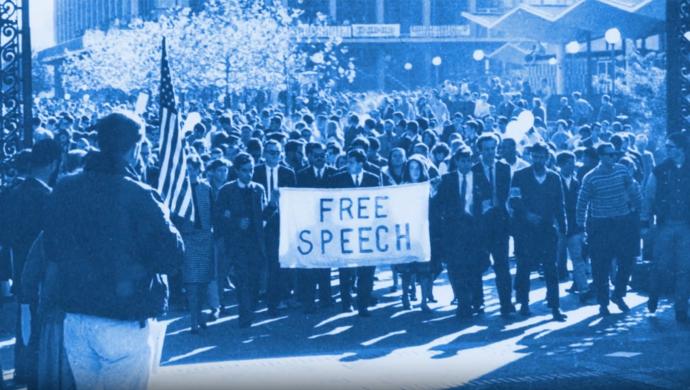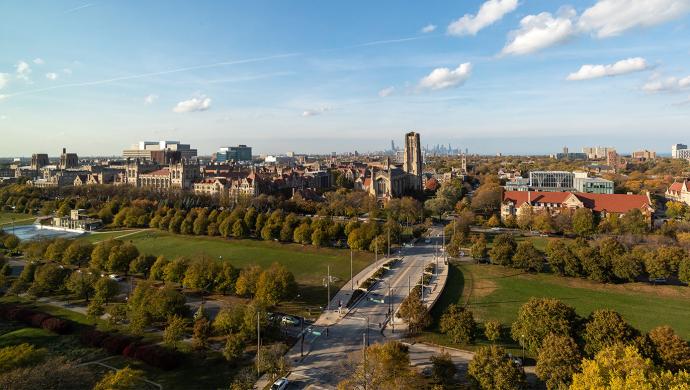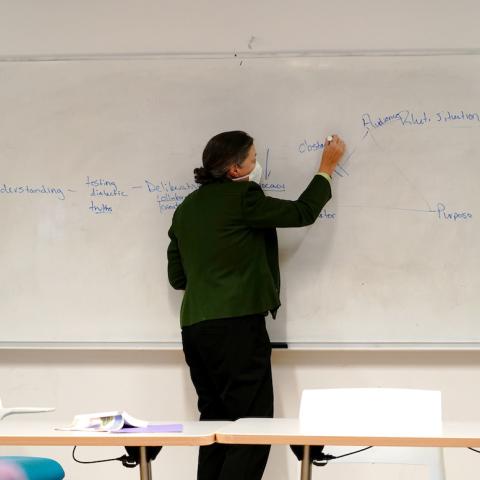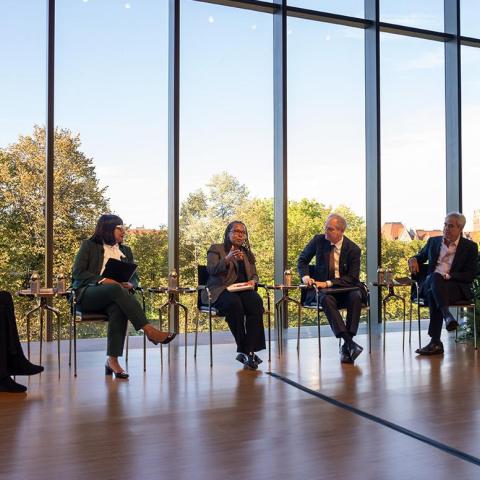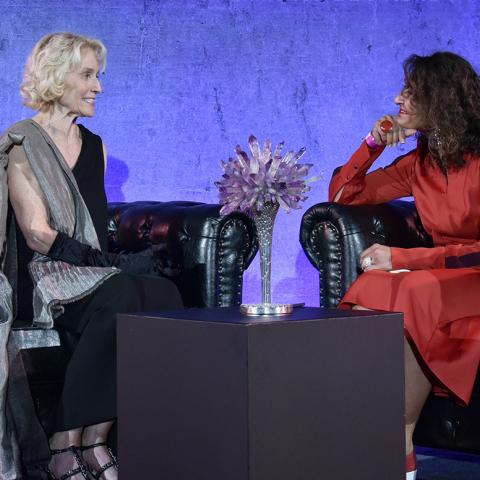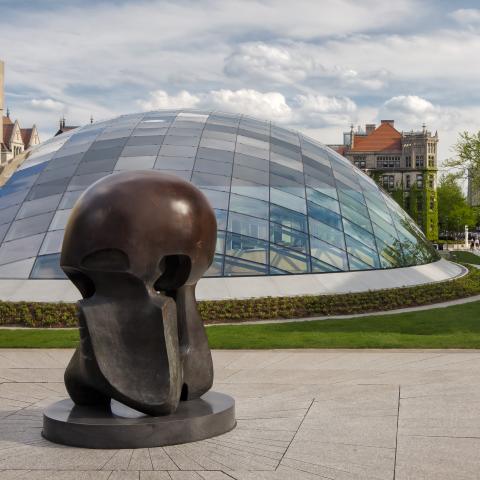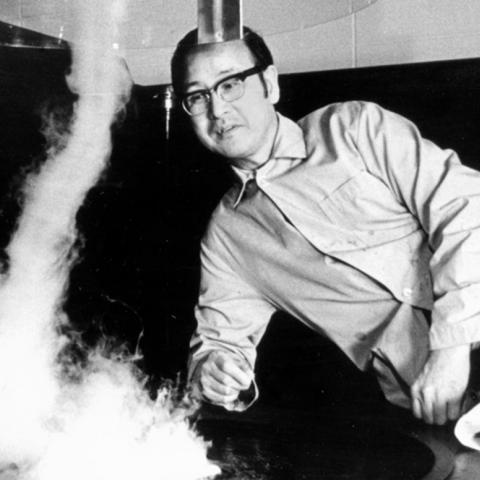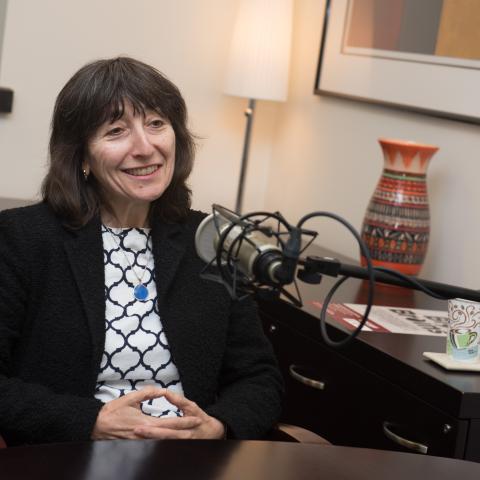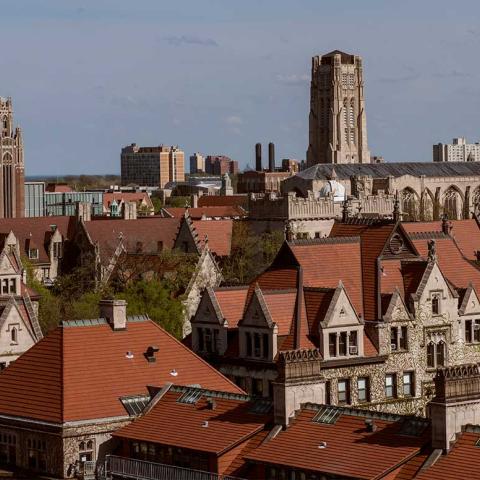Free Expression
Freedom of expression has been a core element of the history and culture of the University of Chicago since its founding in 1890. Today, UChicago is a global advocate for free expression, working to defend and uphold this important academic principle.
In 1890, the University of Chicago was founded on the belief that an empowering education must be rooted in the principles of free expression. This core belief states that it is not the role of the University to attempt to shield people from ideas and opinions they find unwelcome, disagreeable or even offensive.
UChicago’s first President, William Rainey Harper, said the principles of free speech and academic freedom were fundamental to UChicago. “There is not an institution of learning in the country in which freedom of teaching is more absolutely untrammeled than in the University of Chicago.”
For more than a century, UChicago has protected the expression of all individual viewpoints and became a leading global advocate for the advancement of free expression. In 2014, in response to nationwide events that tested “free and open discourse,” UChicago leaders appointed The Committee on Freedom of Expression at the University of Chicago. The committee created a report, known as the Chicago Principles, which stated that “debate or deliberation may not be suppressed because the ideas put forth are thought by some or even by most members of the University community to be offensive, unwise, immoral, or wrong-headed.”
Today, UChicago is building upon its historical commitment to free expression by launching the University of Chicago Forum for Free Inquiry and Expression, which aims to promote the understanding, practice and advancement of free and open discourse throughout the University and beyond, while addressing present-day challenges.
“While our shared commitment to free inquiry and expression is vital to our university’s culture, the integrity of its practice should never be taken for granted,” said President Paul Alivisatos. “Each successive generation of faculty, students and staff have taken on the necessary, often difficult work of giving these principles meaning throughout the University’s history.”
